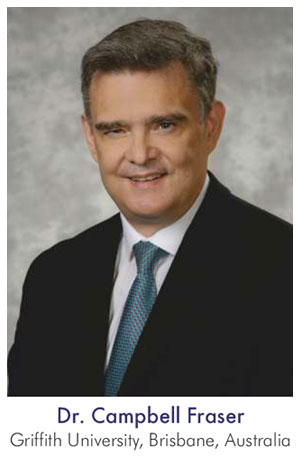Home / Newsletters / ITN 50 / Subscribe
Deceased Donation Combats Organ Trafficking
Indian Transplant Newsletter.
Vol.16 Issue No.50. March 2017 - June 2017
Print ISSN 0972 - 1568
Online ISSN 3048 - 653X
Print PDF
 Throughout the world, nations with robust deceased organ donation systems tend to be less likely to become involved in human organ trafficking than those without. While this may appear an obvious statement, the reasons behind this phenomenon are worthy of more detailed exploration.
Throughout the world, nations with robust deceased organ donation systems tend to be less likely to become involved in human organ trafficking than those without. While this may appear an obvious statement, the reasons behind this phenomenon are worthy of more detailed exploration.
Despite common belief to the contrary, most people who buy organs illegally do not reside in highly developed and industrialised nations. They are far more likely to be relatively wealthy individuals living in less developed environments where little or no deceased donation occurs. These patients realize that if they don't have a living related donor available to them, they have no deceased donation system to rely upon as a back-up. They therefore may feel their only pathway towards eventual transplantation, their only hope, is to venture into the highly risky, illicit and unethical organ market. Likewise, the majority of people who sell kidneys, whether in their home country or abroad, do so in countries without a well-established deceased donation system.
The reasons for these observations go well beyond the relative wealth and degree of regulatory oversight existing in countries with problems of organ trafficking. The core factor is in fact the effect deceased organ donation plays in shaping attitudes towards the true value of a human organ. Societies which have achieved high levels of deceased organ donation have done so by creating a culture accepting and embracing the belief that a human organ has value greater than can be measured in monetary terms, and that the allocation of these organs are to be free of financial and social prejudice.
In relation to organ trafficking, trust in a nation's deceased organ donation system plays an important role in building public revulsion to the brokers, fixers and “middlemen” who seek to profit from the desperation of those who seek to buy or sell an organ. Such public support, in conjunction with a functioning enforcement system, is vital to the containment and eradication of the organ trade.
In countries in the process of establishing a nationwide deceased donation system, it is also essential not to under-estimate the role of local transplant coordinators in combatting organ trafficking. These nurses, social workers and allied health professionals have unrivalled knowledge of local issues unknown to those at policy making levels. They may find themselves receiving intelligence on potential organ trafficking activity during their daily interaction with patients awaiting transplantation. As such it is imperative that local transplant coordinators are trained to identify and report such cases, and have confidence that their actions will be supported by those holding positions of authority.
Combatting organ trafficking involves a partnership of transplant professionals, government officials and law enforcement agencies. The development, implementation and expansion of a deceased donation system provides an effective and cost-efficient platform from which to manage anti-trafficking initiatives, in addition to providing hope for those in need of a life-saving organ and comfort to those who chose to donate the organs of their loved ones.
Available at:
https://www.itnnews.co.in/indian-transplant-newsletter/issue50/Deceased-Donation-Combats-Organ-Trafficking-499.htm
- Copyright © 2025. Published by MOHAN Foundation
